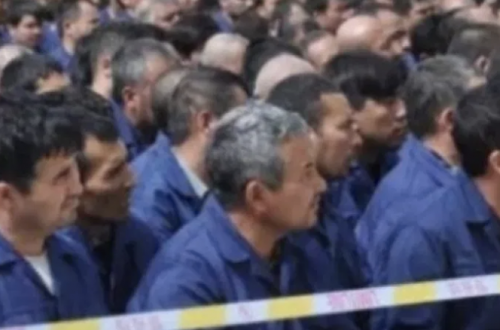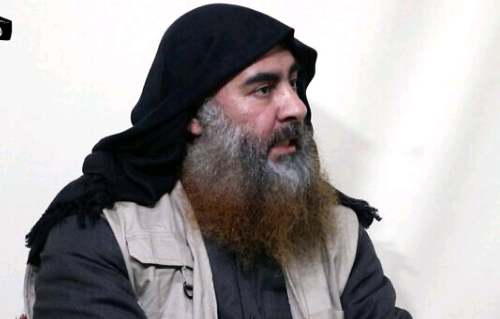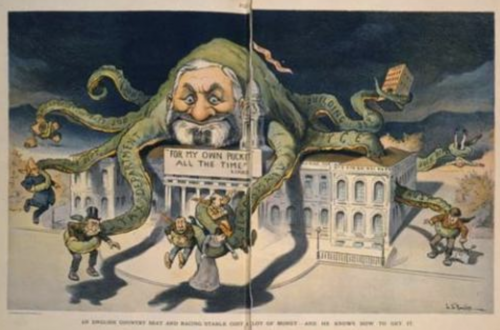Following the victory of incumbent President Goodluck Jonathan in Nigeria, violent unrest has fallen on Nigeria’s largely Muslim north. Although police have claimed that the motivation is political rather than ethnic or religious, the destruction of places of worship suggests that long standing tensions between Nigeria’s Muslims and Christians are a significant factor in the conflict – the losing candidate, Muhammadu Bahari, is a Muslim.
The Nigerian Red Cross said churches, mosques and homes had been burned in rioting across the north and many people had been killed, but it was impossible to give a toll for now.
Meanwhile in Bahrain it is Shia Muslims who have become the victims of religious rivalry. Shia protestors have been targeted by Sunni forces, including troops from Saudi Arabia. The Independent reports that Shia mosques and shrines have been destroyed. And this horrifying report by ‘Mahmoud’ describes the violence meted out to Shia Bahrainis, targeted by Sunni troops, beaten up, arrested and denied medical treatment.
I went with my mother to the military hospital by Hamad Town for her regular check-up – she has cardiac problems. That hospital is the only one in Bahrain with specialist heart doctors. When I approached the main entrance, I and my mother were asked by Bahraini security for our IDs and medical cards. When they saw them, another masked officer approached the car with a Saudi accent and asked the officer: “Who is this? What’s going on?” The Bahraini whispered something to him and the Saudi officer shouted at me: “Are you Shia?” And he kicked the car and said: “Get out of here, dog.”
Although the circumstances in these two countries are very different, both demonstrate a convergence between religious intolerance and anti-democratic forces.


